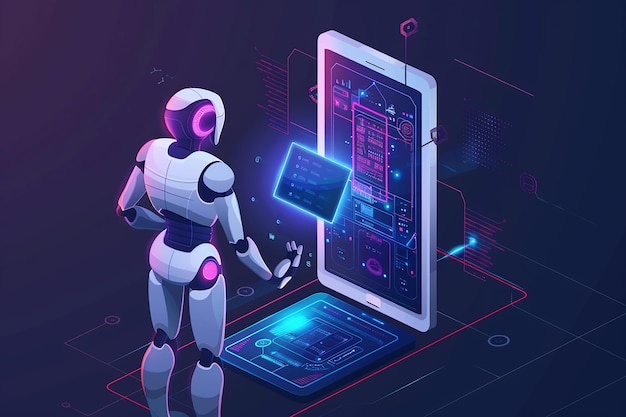
Today, let’s talk about how technology meets health, specifically through ChatGPT. If you haven’t heard of it, ChatGPT is an AI chatbot that’s creating a buzz in the health world. Here’s the scoop.
Researchers recently used ChatGPT for a study published in the journal *Human Vaccines and Immunotherapeutics*. They gave ChatGPT the top 50 most frequently asked questions about COVID-19 vaccines, many of which were based on myths and false information (like the vaccine causing Long Covid). Impressively, ChatGPT scored an average of nine out of ten for accuracy!
Although it wasn’t flawless and sometimes missed pieces of information, experts from the Instituto de Investigación Sanitaria (IDIS) think ChatGPT can be a “reliable source of non-technical information to the public.” This is especially helpful for those of us who might not have advanced degrees in virology but still want to grasp the science behind vaccines.
Remember when the World Health Organization (WHO) named vaccine hesitancy as one of the top ten threats to global health back in 2019? A big part of that hesitancy was fueled by misinformation on social media. That’s where ChatGPT steps in. By correcting myths and providing accurate data, this AI tool has the potential to boost vaccine acceptance.
Antonio Salas, the lead author of the study and a Professor at the University of Santiago de Compostela in Spain, mentioned that ChatGPT uses language that the public can easily understand without sacrificing scientific accuracy. However, he also cautioned that while ChatGPT is reliable, it can’t replace expert advice or scientific evidence.
ChatGPT is user-friendly and accessible to many. But like any tool, it has its shortcomings. For example, asking the same question twice with just a few seconds apart might yield different answers. And while it’s built to provide correct information, there’s a risk it could be trained to give answers that aren’t scientifically accurate. So, it’s a fantastic tool, but it’s crucial to use it wisely and verify information when uncertain.
The digital age has given us many incredible tools, and ChatGPT is definitely one of them. As we sift through the vast amount of information available online, tools like ChatGPT can be invaluable in helping us tell fact from fiction, especially concerning our health. However, while AI can assist us, it’s always good to consult healthcare professionals when making health-related decisions.